Fostering Calm and Confidence in Parenting
Parent and family training programs serve as vital tools in equipping caregivers with the essential skills needed to teach children effective calming techniques. These programs not only focus on behavioral management but also foster emotional understanding and resilience within the family unit. As emotional regulation becomes increasingly important for children's social success and mental health, structured training provides a foundation for healthier parent-child interactions and sustainable emotional growth.
Core Components and Strategies in Parent Training Programs
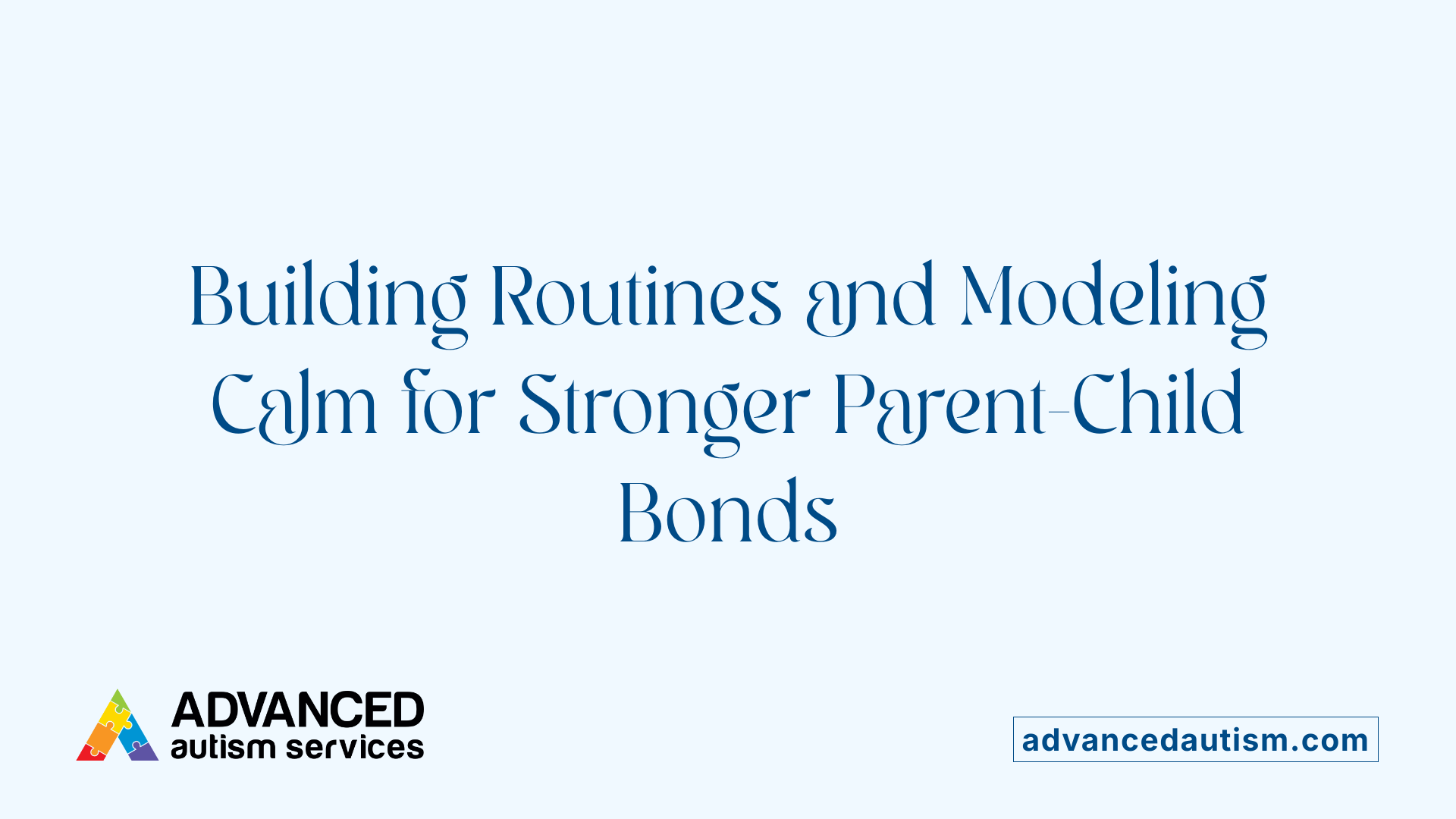
What are the components and benefits of parent training programs for emotional regulation?
Parent training programs are structured initiatives designed to equip parents with essential skills for fostering healthy emotional development in children. These programs typically focus on teaching positive discipline strategies, such as reinforcement and respectful boundary-setting, which help children understand acceptable behaviors while feeling supported.
Effective communication skills are another cornerstone, encouraging parents to listen actively, validate feelings, and express expectations clearly. This two-way exchange enhances mutual understanding and emotional connection.
Establishing routines and consistency plays a vital role in creating a secure environment. Regular schedules for meals, bedtime, and activities help children anticipate and manage their emotions better, reducing anxiety and behavioral issues.
Modeling emotional regulation is emphasized throughout training. Parents are taught to demonstrate calmness, self-control, and stress management techniques, which children imitate. By observing their caregivers managing emotions effectively, children learn to understand and label their own feelings, an essential step in emotional development.
The benefits of these programs are significant. Children develop stronger emotional and behavioral regulation skills, leading to fewer tantrums and better social interactions. Enhanced parent-child relationships foster trust and empathy, which are crucial for emotional health. Reduced family stress and improved emotional well-being are also common outcomes.
Overall, parent training empowers families by providing practical tools and strategies. It promotes a nurturing environment where children can develop resilience, emotional awareness, and the ability to navigate complex feelings, setting the foundation for lifelong well-being.
Tailoring Parenting Approaches Across Developmental Stages
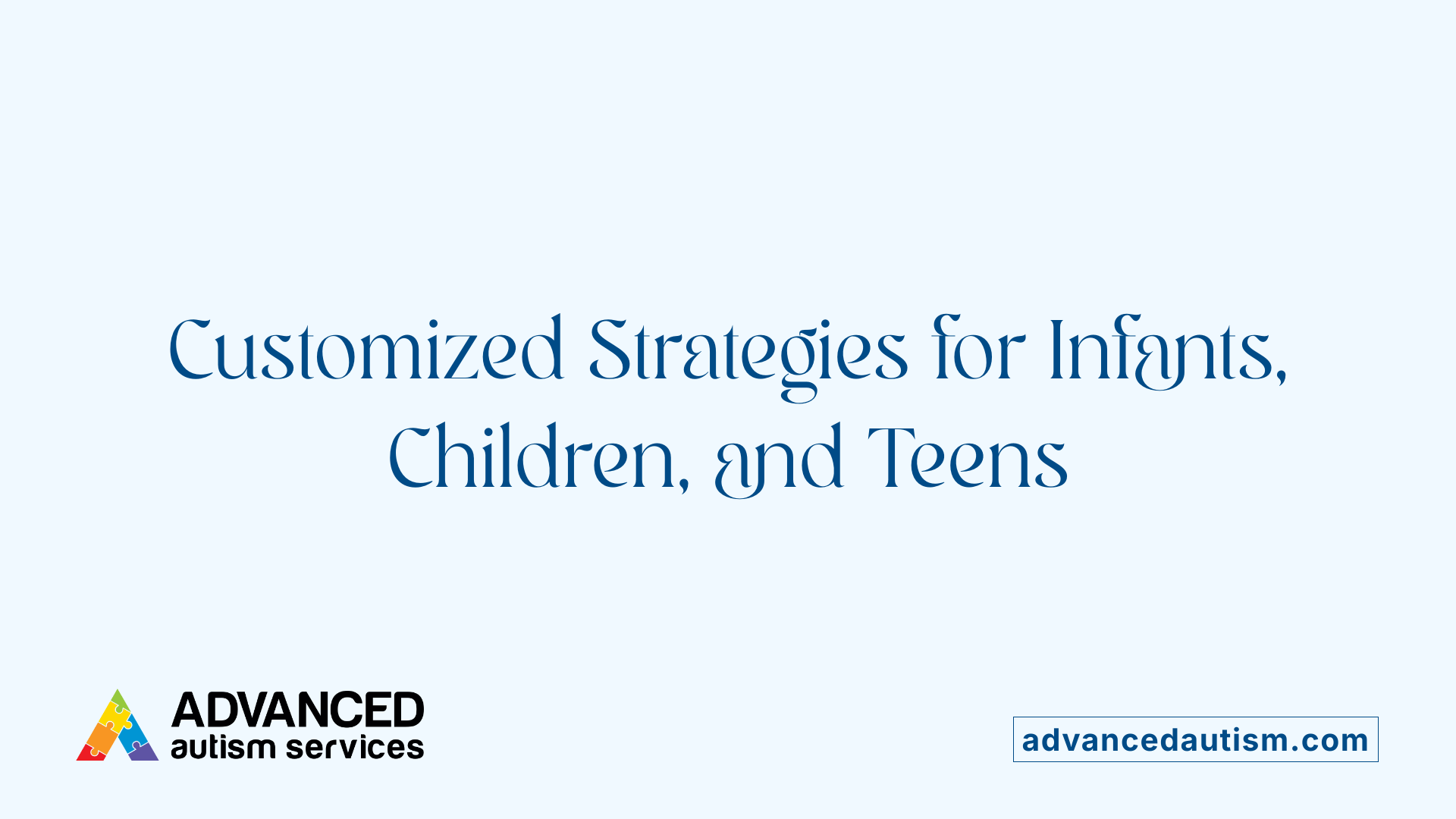
What is the role of parent and family training in teaching children calming techniques?
Parent and family training programs are essential tools that help caregivers teach children how to manage their emotions and reactions. These programs provide strategies such as positive discipline, effective communication, and emotional regulation techniques. Caregivers learn to break tasks into small, manageable steps, role-play difficult situations, and give positive reinforcement every time children successfully use calming strategies.
A vital part of these programs is modeling emotional awareness and regulation. When parents show how to stay calm and cope effectively, children mimic these behaviors and develop their own emotional skills. Techniques like mindfulness—such as deep breathing or guided reflections—are often integrated to teach children how to stay present and manage big feelings.
Training also emphasizes creating an environment of consistency and compassion. This helps children feel safe and understood, encouraging them to practice calming techniques. For example, routines, scheduled quality time, and clear expectations give children a sense of stability, aiding their emotional regulation and social skills.
By fostering trust and understanding, parent training boosts children's ability to self-regulate and improves the overall family relationship. Special programs tailored for different age groups recognize that infants, children, and adolescents have unique needs. For infants, training focuses on bonding and responding to cues, while for older children and teens, programs address independence, social skills, and authority boundaries.
In essence, parent training equips caregivers with the skills needed to teach children calming techniques effectively, laying a strong foundation for emotional health and positive development as children grow.
The Power of Consistency and Compassion in Emotional Development
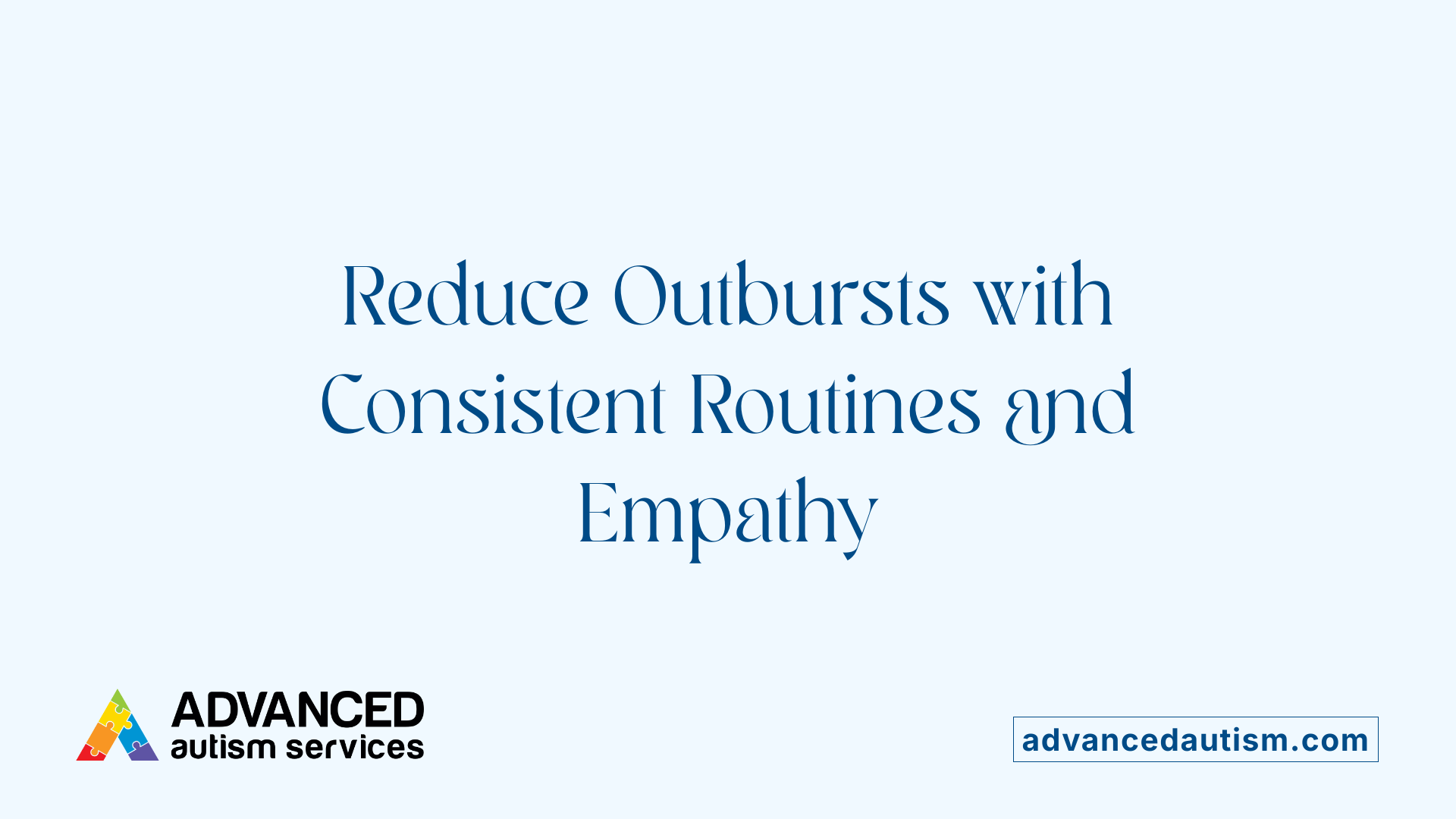
How does parent and family training support behavioral management and reduce emotional outbursts in children?
Parent and family training programs play a crucial role in helping caregivers manage children’s behaviors effectively. These programs provide tools based on scientific research, guiding parents to respond to challenging behaviors with strategies like positive reinforcement and consistent boundaries. For instance, teaching children to recognize and label their feelings lays a foundation for emotional regulation.
Training emphasizes the importance of modeling calm and emotionally balanced responses. Parents are encouraged to validate their child's feelings, which fosters trust and empathy within the family. Techniques such as active listening, scheduled routines, and planned coping strategies help minimize emotional overload and reduce tantrums or outbursts.
Specialized programs, like Parent Management Training and the Strengthening Families Program, include mindfulness and emotional regulation exercises, helping both parents and children stay calm during stressful moments. Ultimately, these approaches create a nurturing environment where children feel secure and understood. This consistency and compassionate approach contribute to fewer emotional outbursts and a healthier parent-child relationship.
Building secure environments
Creating a stable home environment involves structured routines, clear expectations, and regular quality time. Consistent routines and scheduled problem-solving discussions support children’s sense of security.
Modeling emotional responses
Parents who demonstrate effective emotional management—such as calmness during stressful situations—serve as role models for children to learn healthy coping mechanisms.
Utilizing positive reinforcement
Rewarding good behavior and providing choices empower children and reinforce positive actions, reducing the likelihood of emotional explosion.
| Technique | Focus | Benefits |
|---|---|---|
| Consistent routines | Stability and predictability | Builds trust, reduces anxiety |
| Modeling calm responses | Emotional regulation and empathy | Teaches children how to handle big feelings |
| Positive reinforcement | Encouraging desired behaviors | Reinforces good coping habits |
Research underscores that combining behavioral management strategies with mindfulness and emotional validation fosters healthier emotional development. When parents respond to their children with patience, understanding, and consistency, children are better equipped to manage their feelings, leading to fewer outbursts and more harmonious family relationships.
Integrating Mindfulness into Family Interventions

What evidence-based techniques and strategies are taught through parent training to help calm children?
Parent training programs focus on equipping parents with effective, research-backed methods to promote children’s emotional self-regulation and positive behaviors. They teach a variety of techniques proven to foster calmness and cooperative behavior.
A fundamental approach is positive reinforcement, where parents learn to reward desirable behaviors, encouraging children to repeat them. Emotion coaching is another key strategy, guiding children to recognize their feelings, understand the causes behind their emotions, and develop skills to manage these feelings constructively.
Parents are also trained to establish calming routines—predictable schedules that create a sense of security and reduce anxiety. Behavior management techniques involve setting clear, consistent limits, using differential reinforcement, and applying consequences like time-outs in a calm manner.
Effective programs incorporate problem-solving and goal-setting activities, helping children learn to handle challenging situations. Additionally, by reducing environmental triggers—such as noise, bright lights, or routine changes—parents can lessen emotional overloads.
Empirical evidence from programs like Triple P and other behavioral parent training models highlights the importance of these strategies. These methods not only improve parent-child relationships but also help decrease disruptive and problematic behaviors.
Overall, the systematic use of positive reinforcement, emotion coaching, routines, and environmental adjustments provides a robust framework to support children’s emotional development and help them remain calm in stressful situations.
The Role of Evidence-Based Programs and Trials
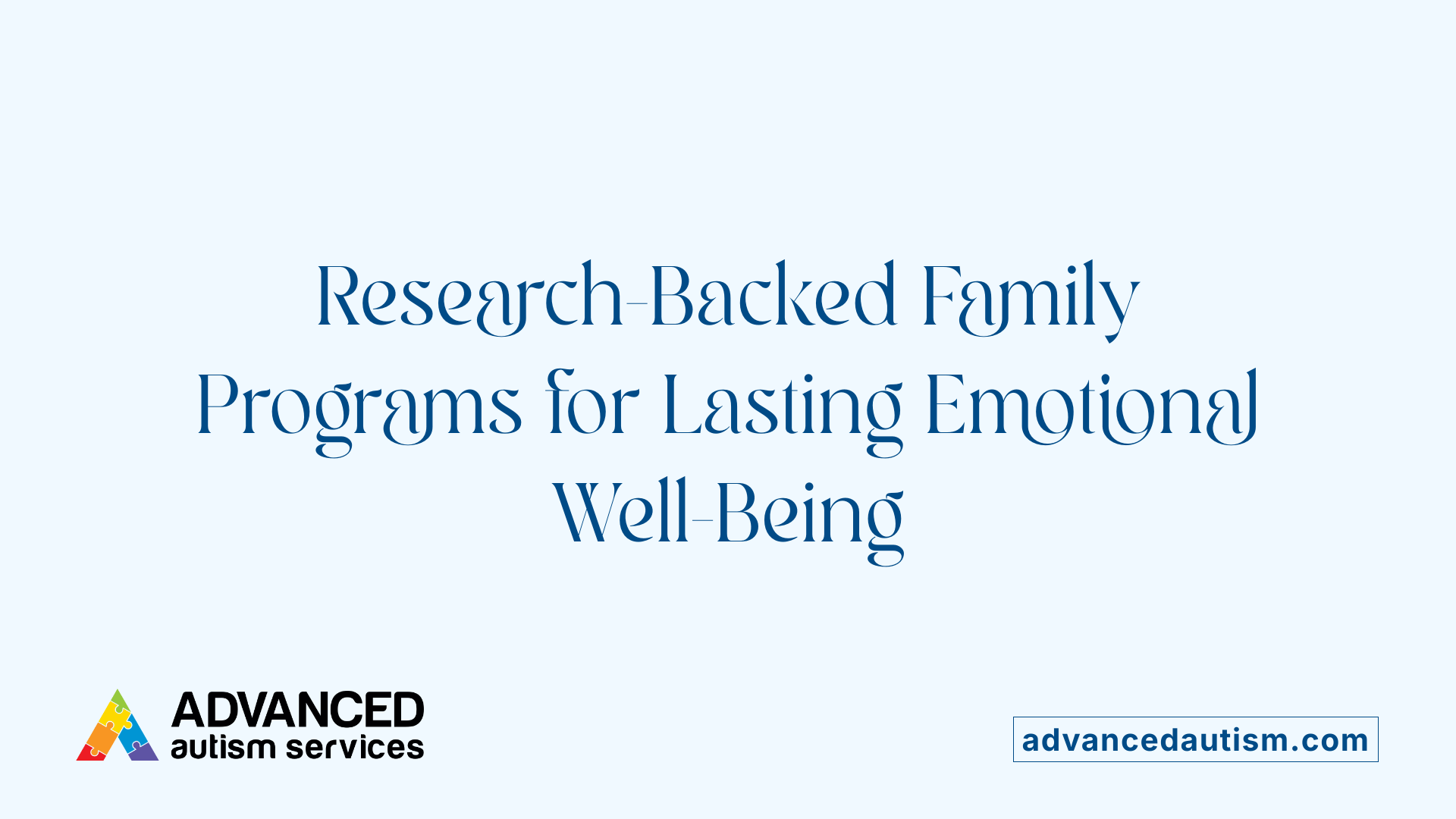 Recent research highlights the importance of structured parent training programs in promoting healthier family dynamics and children's emotional well-being. Randomized-controlled trials (RCTs) involving diverse families have provided strong evidence for the effectiveness of these interventions.
Recent research highlights the importance of structured parent training programs in promoting healthier family dynamics and children's emotional well-being. Randomized-controlled trials (RCTs) involving diverse families have provided strong evidence for the effectiveness of these interventions.
One notable study integrated mindfulness training with the established Strengthening Families Program (SFP 10-14), creating the Mindfulness-Enhanced Strengthening Families Program (MSFP). Conducted across multiple centers with 432 families from various racial and ethnic backgrounds, this trial demonstrated that MSFP was just as effective as the original SFP in improving parenting skills, managing youth behavior, and enhancing parent well-being. Interestingly, MSFP appeared to amplify and maintain positive outcomes, especially among fathers.
The programs focus on equipping parents with methods like positive discipline, emotional regulation, and consistent routines. They have shown how teaching these skills helps parents manage challenging behaviors by addressing underlying emotional needs. Techniques such as mindfulness practices—deep breathing, guided reflections, and intention-setting—are integrated to bolster parents’ capacity for calm and centered responses.
When parents model emotional regulation and validate children’s feelings, children learn healthier ways to understand and manage their emotions. Techniques like active ignoring, giving children options, and planning coping strategies reinforce calming behaviors and foster trust within families.
Summary of Program Impacts:
| Program | Focus Area | Effectiveness Location | Notable Outcomes |
|---|---|---|---|
| SFP 10-14 | Family skills, emotional health | Multiple sites | Improved parenting, reduced youth risk behaviors |
| MSFP (Mindfulness) | Emotional regulation, mindfulness | Multicenter, diverse | Sustained positive effects, especially in fathers |
| Parent Management Training (PMT) | Behavior management | France | Reduced irritability in children and adolescents |
| Non-Violent Resistance (NVR) | Conflict resolution, emotional control | France | Improved parent responses, calmer child behaviors |
Overall, these programs and trials confirm that targeted family interventions, especially when combined with mindfulness, significantly boost family harmony, help children develop better emotional regulation, and improve overall well-being.
Managing Irritability and Challenging Behaviors
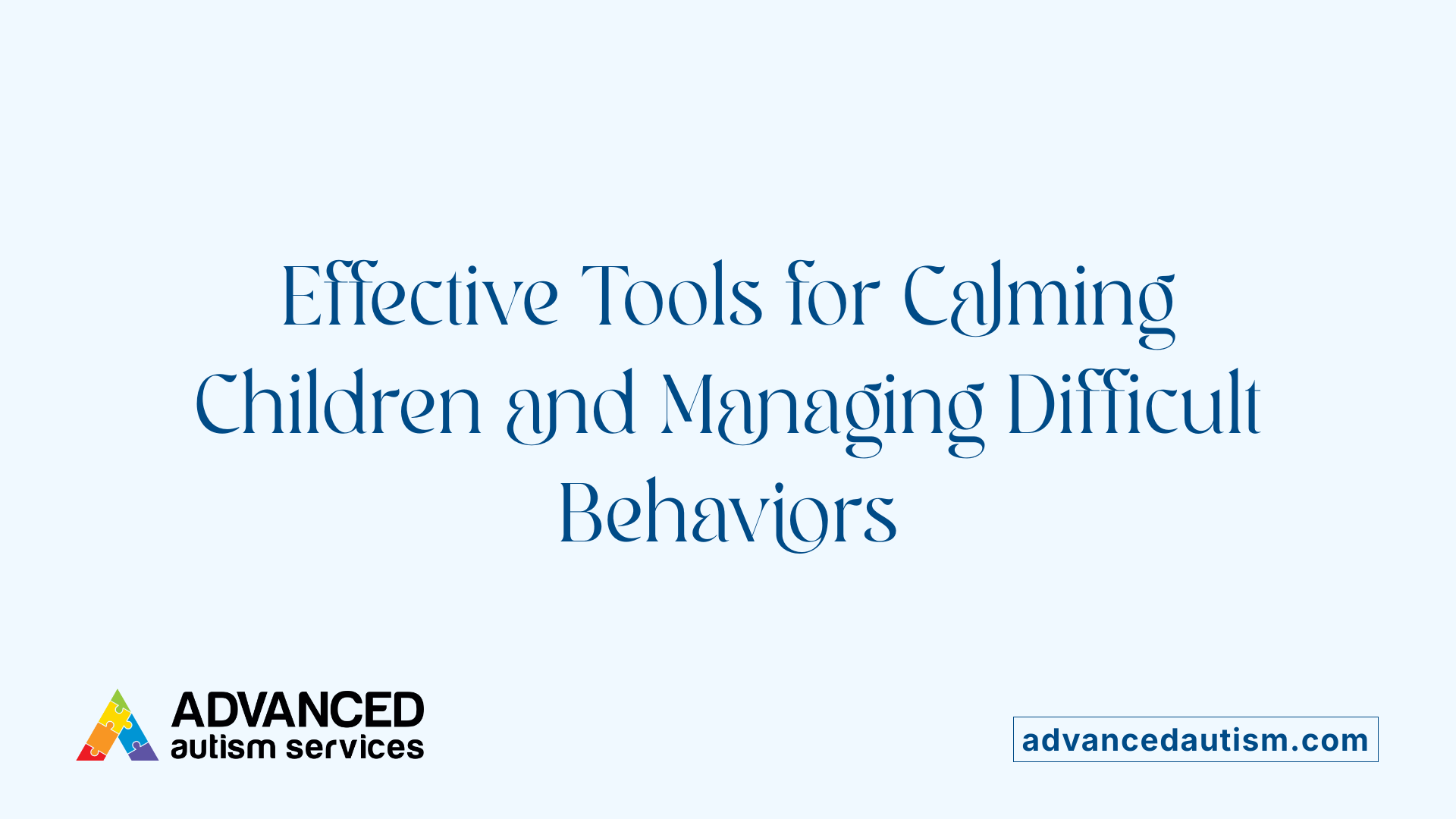
How does parent and family training contribute to managing irritability and behavioral issues in children and adolescents?
Parent training programs, such as Parent Management Training (PMT) and Non-Violent Resistance Training (NVR), are essential tools in addressing irritability and difficult behaviors in young people. These programs help caregivers learn how to recognize the underlying emotional and environmental triggers that can lead to meltdowns or aggressive outbursts.
One core aspect of these interventions is teaching parents to identify signs of emotional overload, such as increased heart rate or agitation, and to understand triggers like fatigue, hunger, or sensory overload. By doing so, parents can anticipate challenging moments and maintain a calmer environment.
Training also emphasizes the importance of consistent routines, clear expectations, and proactive response strategies. Techniques like the Switch Out method allow parents to replace themselves temporarily with a calmer adult, helping de-escalate situations without escalation or conflict. Parents learn how to respond to behaviors thoughtfully, using approaches like active ignoring, giving positive attention for calm behaviors, and planning their responses in advance.
Research involving multisite randomized controlled trials in France indicates that these parent-focused therapies effectively reduce irritability and emotional dysregulation. The improvements are evident in better parent-child interactions, decreased behavioral issues, and enhanced emotional stability for children and adolescents.
Overall, parent and family training increase caregiver competence and foster a supportive, stable environment that promotes healthier emotional development. These non-pharmacological strategies are particularly beneficial for children with neurodevelopmental disorders, helping families manage daily challenges with confidence and compassion.
Supporting Self-Care and Parental Stress Reduction
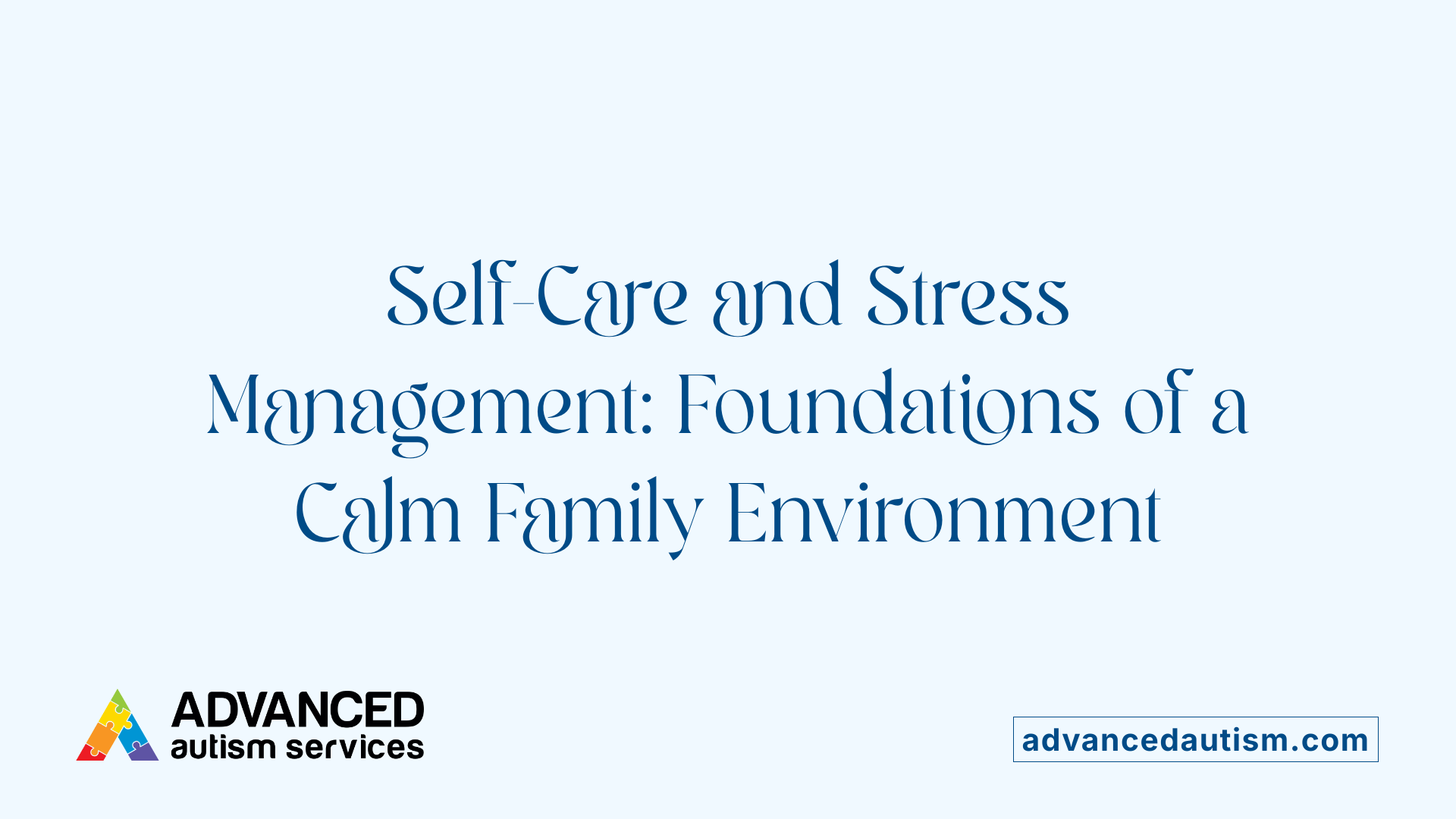
What is the role of parent and family training in teaching children calming techniques?
Parent and family training are essential for teaching children how to manage their emotions effectively. These programs equip caregivers with valuable skills, such as positive discipline, effective communication, and emotional regulation strategies. By learning techniques like mindfulness, routines, and positive reinforcement, parents can model calm and supportive behaviors.
Training often involves breaking down complex calming techniques into simple steps, practicing them in a safe environment, and providing positive feedback. This approach not only helps children acquire coping skills but also strengthens the parent-child relationship. For example, parents learn to recognize triggers for emotional overload and respond appropriately, fostering a sense of safety and trust.
In addition, these programs emphasize the importance of consistent routines and scheduled quality time, which help children feel secure and understand expectations. Caregivers are encouraged to validate children's feelings and show empathy, creating an environment conducive to emotional growth. Overall, parent and family training serve as a foundation for nurturing emotionally resilient children and promoting a harmonious family environment.
Stress management techniques
Managing parental stress is crucial for maintaining a calm household. Techniques such as deep breathing, guided reflections, and mindfulness exercises can help parents stay centered during challenging moments. Practicing detachment, which involves observing a child's behavior without immediate reaction, also aids in responding with patience instead of frustration.
Incorporating stress management strategies into daily routines can significantly improve emotional regulation, benefiting both parents and children. Recognizing personal triggers—like fatigue or sensory overload—is vital, as is developing a plan for responding to challenging behaviors.
Self-care routines for parents
Effective self-care routines are fundamental for building resilience and reducing stress. Activities like regular exercise, adequate sleep, proper nutrition, and leisure pursuits bolster emotional strength. Scheduling short breaks and prioritizing self-care ensures caregivers are better equipped to handle daily challenges.
Parents who prioritize their well-being model healthy habits for their children, reinforcing the importance of self-regulation. Additionally, engaging in mindfulness practices or gentle relaxation techniques helps maintain a calm and attentive presence, which is essential for teaching children emotional regulation.
Impact on emotional regulation and family environment
When parents actively manage their stress and practice self-care, it positively impacts the entire family environment. Calm and emotionally balanced parents create a secure setting where children feel safe to express themselves.
Research shows that such environments foster trust, empathy, and understanding among family members. Children learn to regulate their emotions better when they observe modeling behaviors and are supported through routine and validation.
In conclusion, integrating stress management, self-care routines, and parent training significantly contributes to healthier family dynamics. These practices promote emotional resilience, leading to more harmonious relationships and better developmental outcomes for children.
Conclusion: Building Resilient Families Through Training
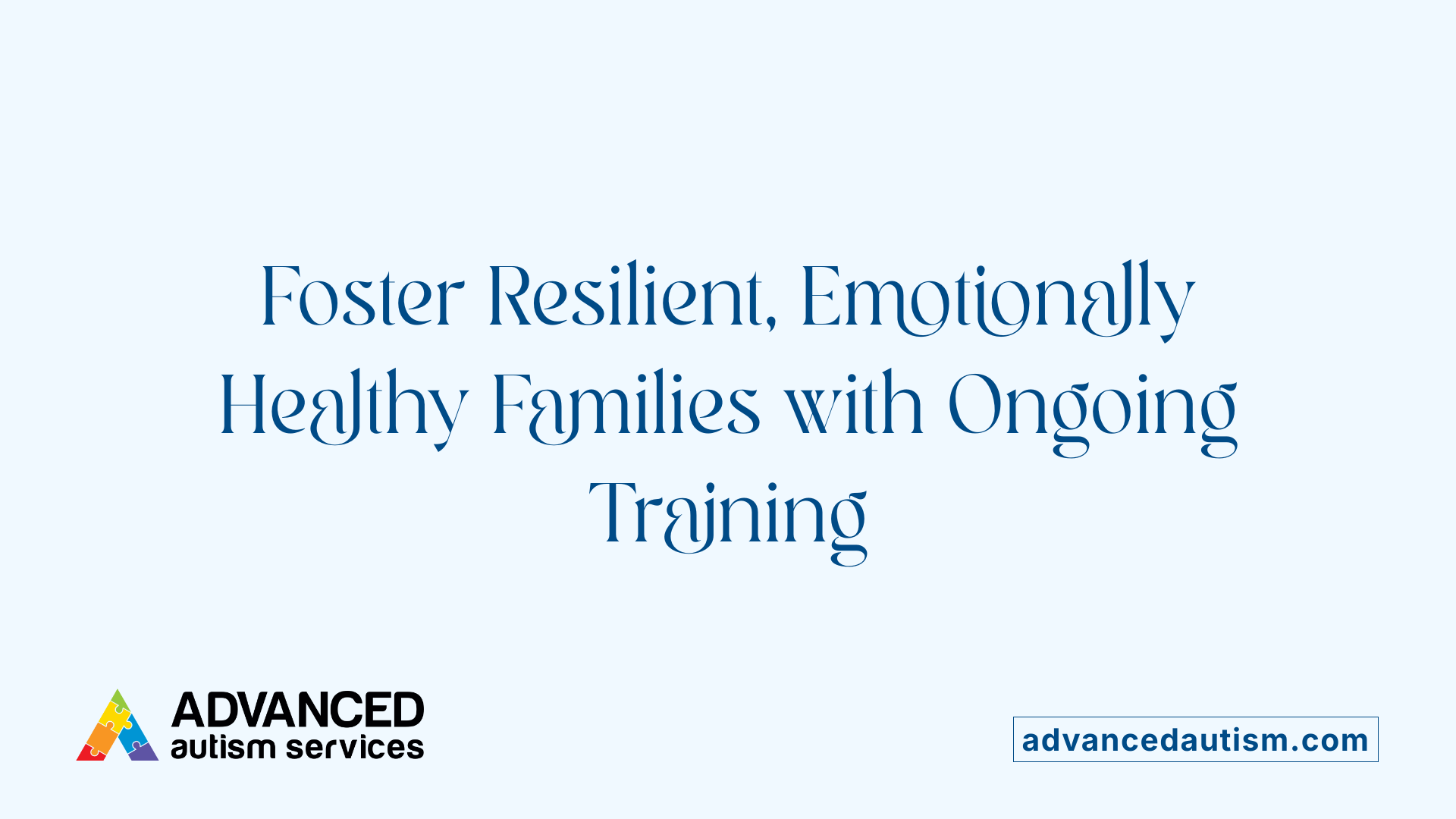 Long-term family training programs offer profound benefits that extend beyond immediate behavioral improvements. These programs foster stronger family bonds by enhancing communication, trust, and understanding among members. As parents learn effective strategies for emotional regulation and calming techniques, they become better equipped to handle everyday challenges and children's emotional needs, leading to a more harmonious household.
Long-term family training programs offer profound benefits that extend beyond immediate behavioral improvements. These programs foster stronger family bonds by enhancing communication, trust, and understanding among members. As parents learn effective strategies for emotional regulation and calming techniques, they become better equipped to handle everyday challenges and children's emotional needs, leading to a more harmonious household.
One of the major advantages of ongoing parental education is its positive impact on children's emotional growth. When families engage in consistent training that emphasizes validation, emotional labeling, and calm responses, children develop healthier ways to understand and manage their feelings. This emotional foundation contributes to increased resilience, improved social skills, and decreased behavioral problems over time.
Research highlights that family training is a continuous process. It encourages parents to build on their skills, adapt techniques to their child's developmental stage, and maintain a supportive environment. Programs integrating mindfulness, like the Mindfulness-Enhanced Strengthening Families Program, have shown to sustain positive outcomes, especially among fathers and diverse family units.
Overall, fostering lifelong learning through family training not only reduces challenges like irritability and aggression but also promotes nurturing relationships that support emotional well-being. This ongoing commitment to family education is vital for nurturing resilient, emotionally healthy families capable of managing future stresses and growth opportunities.
Empowering Families for a Calmer Future
In conclusion, parent and family training are powerful tools in teaching children calming techniques and improving emotional regulation. These programs equip caregivers with evidence-based strategies that foster a supportive environment, enhance parent-child relationships, and promote emotional resilience. When tailored to children’s developmental stages and combined with mindfulness practices, such training not only addresses behavioral issues but also reduces irritability and emotional outbursts. As research continues to demonstrate their efficacy through randomized controlled trials, it becomes clear that ongoing parent education and supportive family environments are essential for nurturing emotionally balanced, resilient children capable of handling life's challenges confidently.
References
- Proven Parent Training for Happy Families & Healthy Relationships
- Effects of the Mindfulness-Enhanced Strengthening Families Program
- How to Help Children Calm Down - Child Mind Institute
- Parent training for the treatment of irritability in children and ...
- Effective Parenting: 7 Calming Strategies - Skill Point Therapy
- Choosing a Parent Training Program - Child Mind Institute
- Parent training for the treatment of irritability in children and ...
- Parent Training in Behavior Management for ADHD - CDC
- Parenting Programs | Fact Sheet - ABCT
- Why Should I Consider Parent Behavior Management Training?



